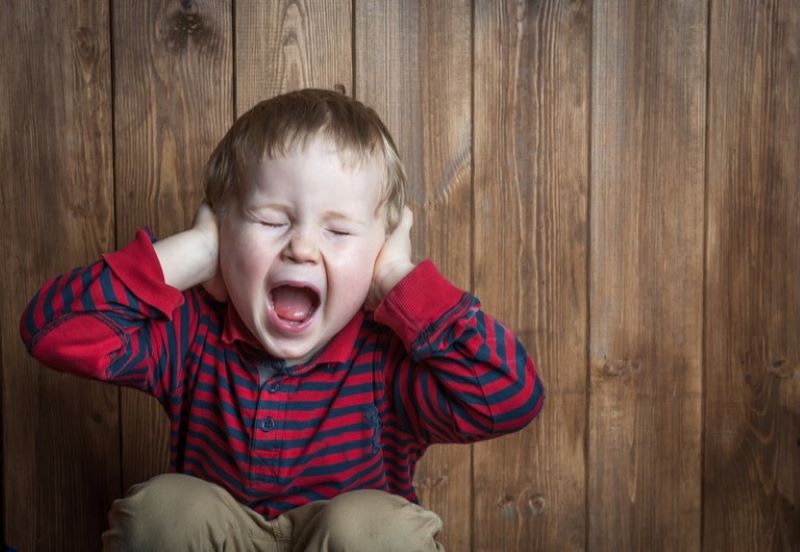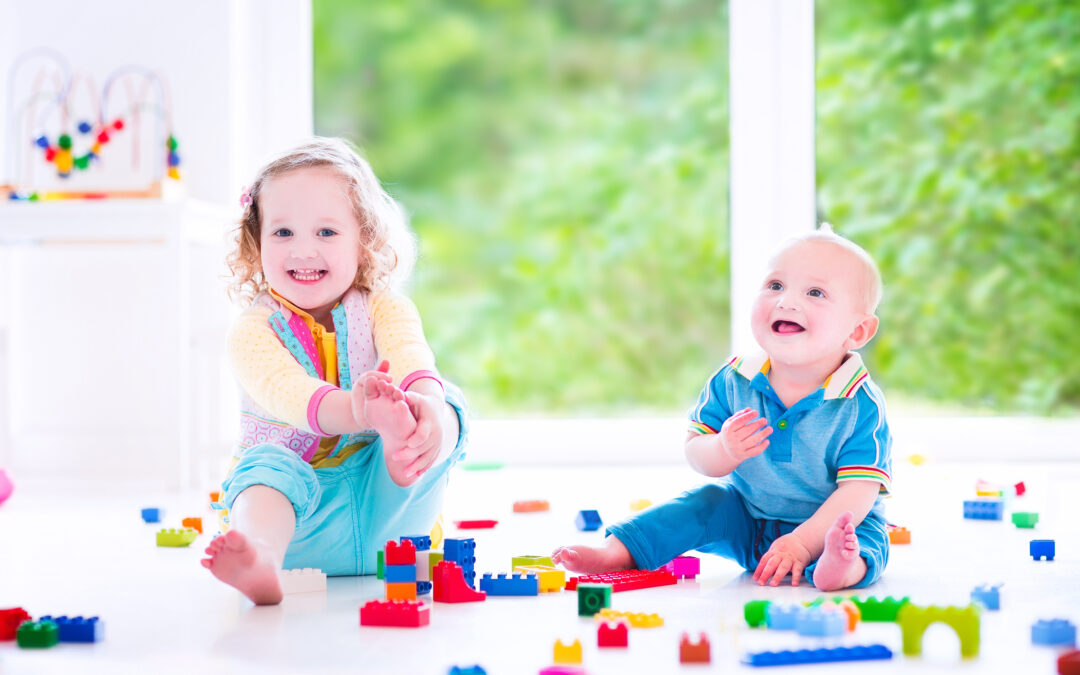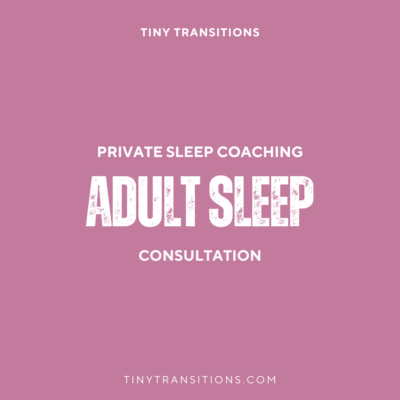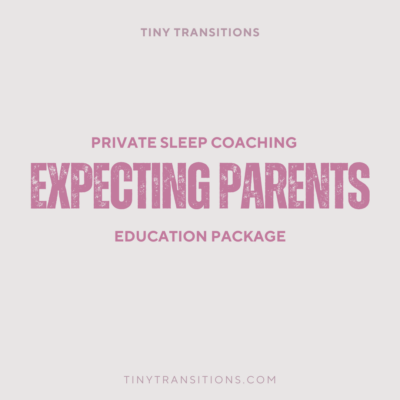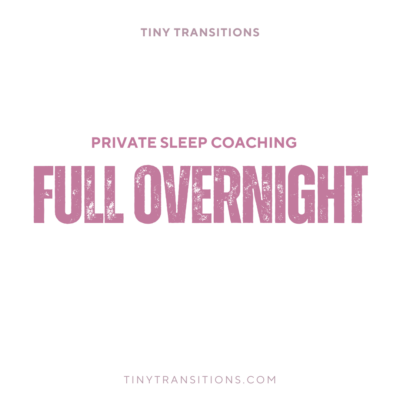Watching scary movies can affect young children in many ways. According to a joint study funded by the National Institute of Mental Health, children who viewed violent content were more likely to develop sleep problems, anxiety, and risky and aggressive behaviors.
That’s a lot of reasons to avoid scary movies.
As leading pediatric sleep consultants, we have seen the effects of scary movies on sleep patterns, and we (naturally) advocate for limiting anything that could disrupt sleep. You don’t want the wrong movie to trigger a sleep regression.
Prevention is key, but we all know that things happen in this media-saturated world. Despite all your best efforts, your child may chance upon some images that are keeping them up at night. Let’s talk about how scary images or movies affect your kid’s sleep and how you can help them work through this.
Short-Term Effects
When your child first sees scary content, they can feel anxiety or stress, which can come out in their sleep. They have an active imagination that’s running wild, so they can experience difficulties falling asleep and staying asleep, impacting how much sleep they get.
Feeling Anxious
Even if you think your little one is too young to process the context and the fright of the scenes, your child can detect the tension and sense of fear the people around them are exhibiting. The scary music can have an effect, making them feel uneasy. While they may not know exactly why they feel distressed, their pulse can quicken, and they may act out in distress with aggressive behavior. They may become extra clingy or need extra reassurance and comfort. Older children may have those same reactions but also report stomach aches.
Trouble Falling Asleep
After viewing a scary scene or film, you may find your toddler won’t sleep no matter what you do. Typically, they still have disturbing scenes in their head. If they’re old enough, they may need to talk it through a few times to come to terms with what they saw and what it actually means for them. It’s hard for many young brains to differentiate between reality and pretend. They may react the same whether they see a shark attack in real life or on a screen.
Nightmares
Once asleep, the scary events can work their way into their dreams, another way their brain is trying to process what they saw. Naturally, when nightmares set in, your kid won’t sleep through the night. They’ll wake, understandably upset, and you’ll all have at least one rough night of sleep.
Long-Term Effects
A University of Michigan study found that college students still remembered what scene or movie frightened them when they were young. Furthermore, 26% reported feeling residual anxiety. The study’s subjects remembered experiencing crying, trembling, nausea, paralysis, and a fear of losing control and dying. Viewing frightening content too young can affect a person’s well-being and can notch up their anxiety and fears in the long run.
Accidents Happen
Even if you are sticking to age-appropriate ratings and you vet the movie or show, your little one can still see some things that they perceive as frightening. So what do you do?
Facilitate A Discussion
If you notice your child is frightened by something they saw, allow them to process it. Ask them how it made them feel and why, so they can work through the fear. Listen to their feelings and validate them. Don’t make light of their fears or dismiss them as silly or immature. They need to hear that their feelings matter and that you take them seriously. When they do, they will trust you with future feelings so that you can help them work through them.
Introduce Coping Skills
Once your child has finished talking about how they felt, offer reassurance that it was make-believe, like the stories you read every night. After, speak about what you do when you feel scared. Provide coping techniques such as visualizing a happy place, remembering a cute puppy, or practicing deep breathing to calm down. Let them know it’s ok to hide under a blanket or seek you out for comfort when they feel scared in the future.
Avoid Reinforcing Behavior
Even if tempted, you shouldn’t sleep in your little one’s room or let them sleep in your bed if that’s standard in your house. This reinforces behaviors you don’t want to continue. They will teach your child that you will sleep near them every time they say they’re scared.
Find other tactics to make them feel secure, such as giving them an extra hug, tucking them in extra tight, letting them sleep with their favorite stuffed animal, or checking anything they are frightened about in their room.
Movies are fun and exciting, but remember, what might be scary for your child can be significantly different than what you think. Monitor your child’s media intake and try not to encourage thrillers and horror movies, even if they’re your favorite genre. When they are older, there’s plenty of time to watch those films with you.
If your child is trying to work through their fears and still experiencing sleep disturbances, you should seek professional help. A pediatric sleep consultant and mental health professional can help your child work through their issues and hopefully restore everyone to healthy sleeping patterns in no time.

